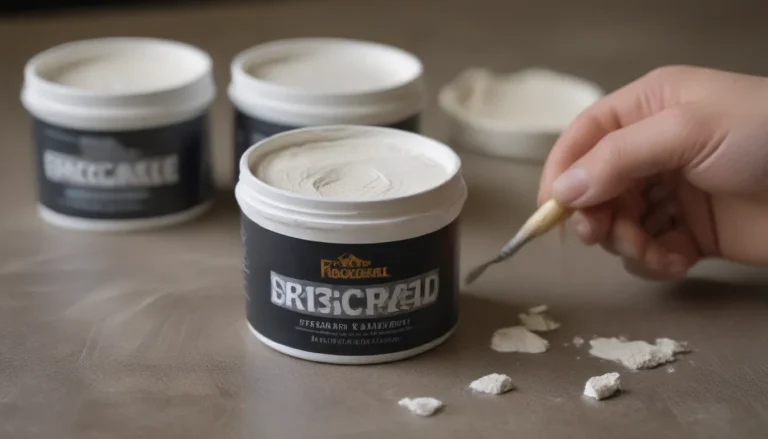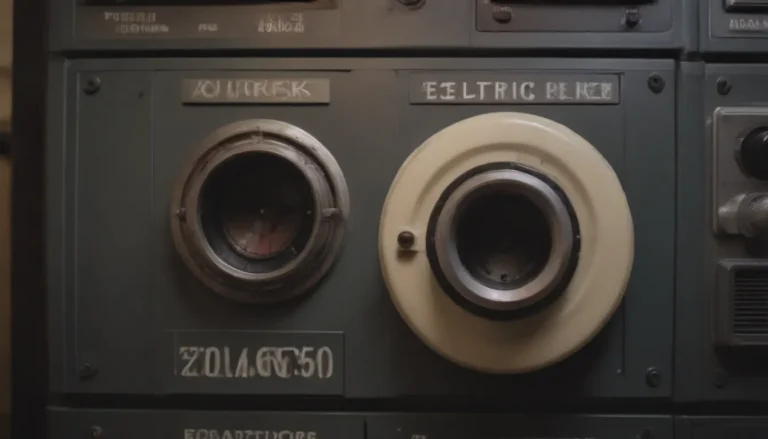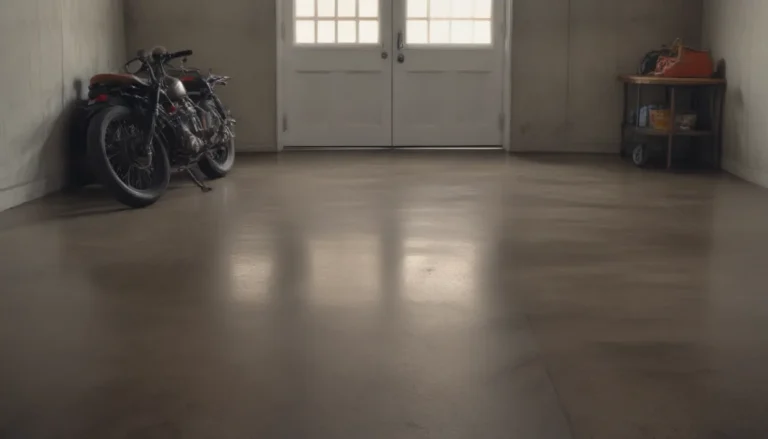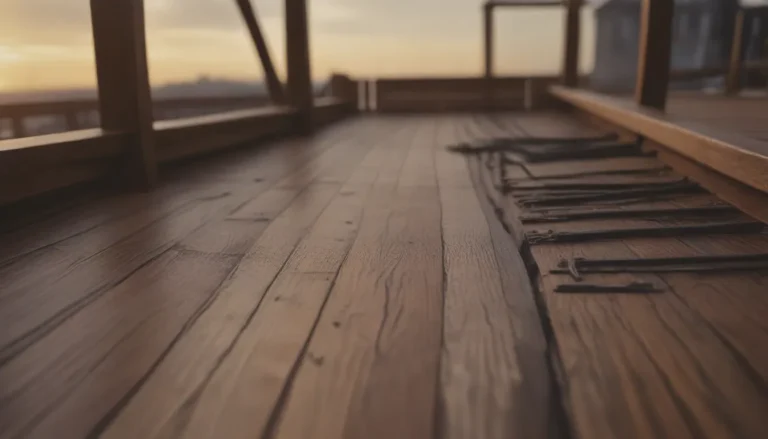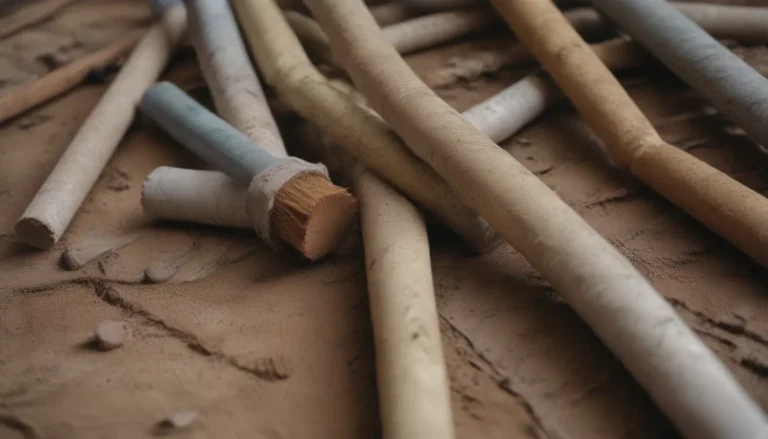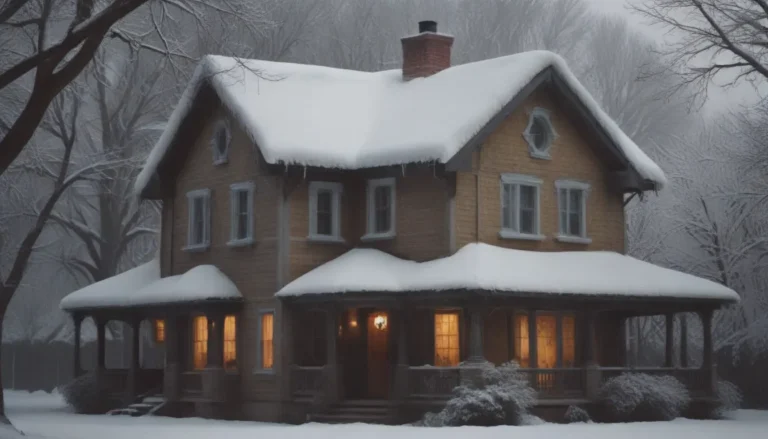Understanding the Materials Used in Water Supply Pipes
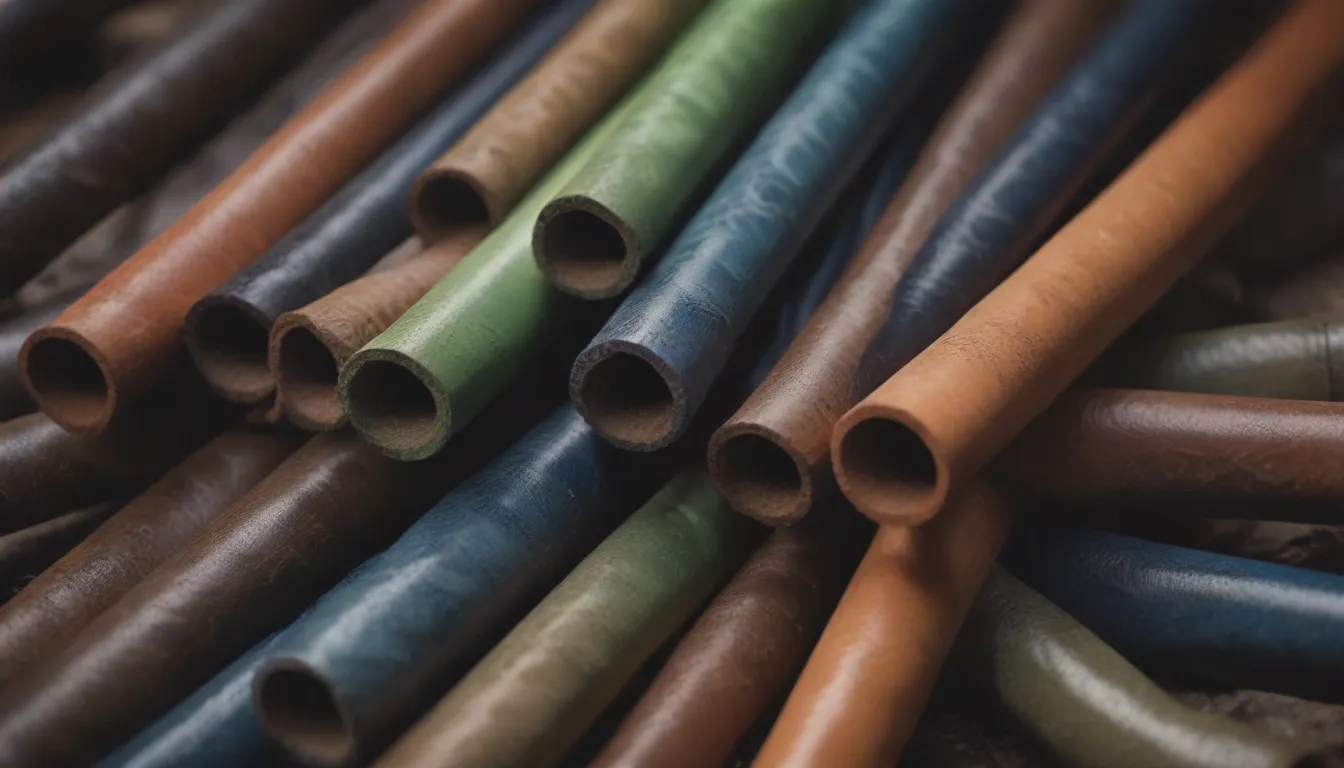
When it comes to the plumbing system in your home, the type of pipes used for water supply is crucial. Different materials have different properties, benefits, and lifespans, so it’s essential to understand the options available to you. In this comprehensive guide, we will explore the various materials commonly used in water supply pipes, their characteristics, and how to identify them.
Galvanized Steel Pipes
Galvanized steel pipes are steel pipes that have been treated with a zinc coating to prevent corrosion. While they were once a popular choice for water supply lines, the labor-intensive process of cutting, threading, and installing galvanized pipes has made them less common today. However, you may still find them in older homes or larger commercial applications. Galvanized pipes have a functional life of around 40 years, so if your home has these pipes and they are approaching that age, it may be time to consider an upgrade.
- Pros:
- Resistant to corrosion
- Suitable for larger applications
- Cons:
- Labor-intensive installation process
- Limited availability for repairs
Copper Pipes
Copper pipes are commonly used for both hot and cold water distribution and HVAC systems. While copper was once the go-to choice for water supply pipes, it has since been replaced by alternative materials due to the rising cost of copper and labor-intensive installation process. Copper pipes can last up to 50 years, but as they age, they may develop pinhole leaks. Various forms of plastic, such as PEX, have become more popular alternatives to copper.
- Pros:
- Durable and long-lasting
- Suitable for various applications
- Cons:
- Prone to pinhole leaks over time
- Expensive and labor-intensive to install
PVC Pipes
PVC, or polyvinyl chloride, pipes are commonly used for drainage systems but are rarely used in potable water applications. They are also popular in pool and spa systems. PVC pipes come in various thicknesses, known as schedules, with Schedule 40 being common for water distribution. When working with PVC pipes, it is essential to use primer and PVC glue to ensure a secure connection.
- Pros:
- Wide variety of uses
- Available in different thicknesses
- Cons:
- Not suitable for drinking water
- Limited to specific applications
CPVC Pipes
CPVC, or chlorinated polyvinyl chloride, pipes are a type of plastic pipe that can withstand temperatures of up to about 180 degrees Fahrenheit, making them suitable for hot and cold water lines. Like PVC pipes, CPVC pipes require primer and glue for proper installation. They are known for their durability, with a lifespan of 50 to 80 years under ideal conditions.
- Pros:
- Suitable for hot and cold water lines
- Durable and long-lasting
- Cons:
- Requires specific glue for installation
- Limited availability for certain applications
PEX Pipes
PEX, or cross-linked polyethylene, pipes have gained popularity in recent years as a preferred alternative to copper pipes. PEX pipes are resistant to both hot and cold temperatures, making them suitable for various applications, including hydronic heating systems. They are durable, with a lifespan of over 50 years, and are easy to install due to their flexibility and long rolls of tubing.
- Pros:
- Durable and long-lasting
- Easy to install with fewer fittings required
- Cons:
- Limited availability in certain regions
- May require specialty tools for installation
In conclusion, when it comes to choosing the right material for your water supply pipes, it’s essential to consider factors such as durability, cost, and ease of installation. Each material has its own unique properties and benefits, so make sure to choose the one that best suits your needs and budget. Whether you opt for traditional materials like copper or explore newer options like PEX, ensuring proper installation and maintenance will help prolong the lifespan of your plumbing system. Remember, when in doubt, consult a professional plumber for expert advice and assistance.
